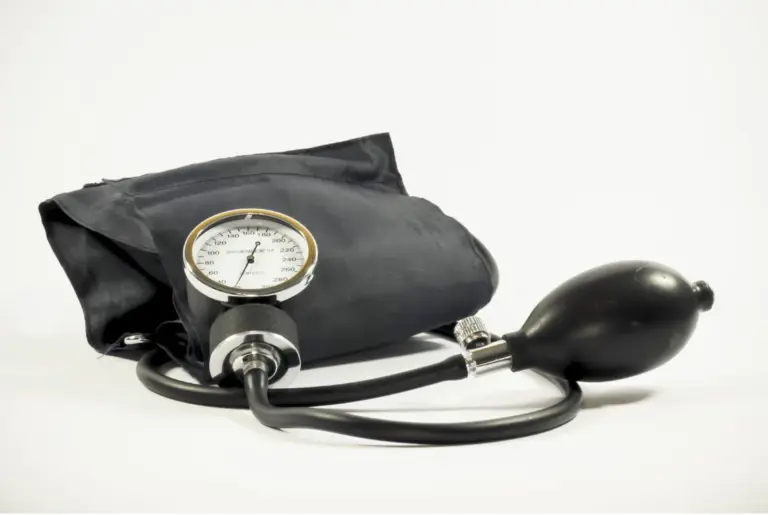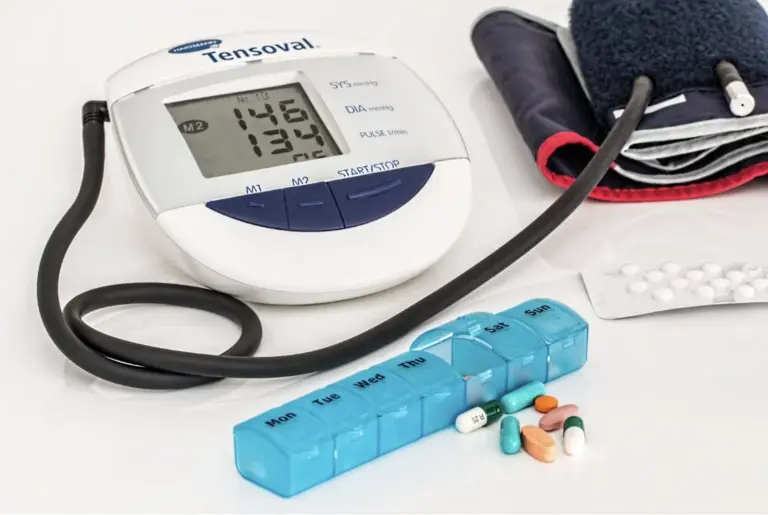What is Left Ventricular Hypertrophy (LVH)?
To explain it simply, Left Ventricular Hypertrophy (LVH) is a medical condition characterised by the thickening or enlargement of the muscular wall of the heart’s left ventricle. This condition can impact the heart’s ability to effectively pump blood throughout the body, potentially leading to a range of health complications.
Left Ventricular Hypertrophy (LVH) is a prevalent heart disorder that affects millions of people worldwide. And, while it starts as a silent condition with subtle symptoms, it can progress and pose significant health risks if left unmanaged. In this comprehensive article, we will discuss all things LVH, exploring its symptoms, underlying causes, methods of diagnosis and available treatment options.
Symptoms of Left Ventricular Hypertrophy
People may not initially exhibit any visible signs of LVH because it frequently progresses gradually. But if the illness worsens, these signs could appear:
- Chest Pain: Discomfort or pain in the chest, which can be mistaken for angina.
- Shortness of Breath: Difficulty breathing, especially during physical activity.
- Fatigue: Feeling tired or weak, even with minimal exertion.
- Irregular Heartbeat: Palpitations or an irregular heart rhythm.
- Dizziness or Fainting: Episodes of lightheadedness or fainting.
Important Note: A correct diagnosis is essential because these symptoms can also potentially be a sign of other heart diseases.
Causes of Left Ventricular Hypertrophy
LVH can develop due to a number of reasons, including the following:
- High Blood Pressure (Hypertension): Because uncontrolled high blood pressure makes the heart work harder to pump blood, it is the most frequent cause of LVH.
- Hypertrophic Cardiomyopathy: A hereditary disorder that causes abnormal heart muscle thickening.
- Athletic Training: LVH symptoms can also be confused with “athlete’s heart,” which can result from intense endurance training in athletes.
- Aortic Stenosis: Aortic valve narrowing can also restrict blood flow and cause LVH.
- Obesity: Carrying around too much body weight can put a burden on the heart and cause LVH.
Diagnosis for Ventricular Hypertrophy
Healthcare providers can employ the following techniques to diagnose Left Ventricular Hypertrophy:
- Electrocardiogram (ECG or EKG): An electrocardiogram, often known as an ECG or EKG, examines the electrical activity of the heart and can identify irregularities in the rhythm and architecture of the heart.
- Echocardiogram: The left ventricular wall thickness can be determined by an echocardiogram, an ultrasound procedure that produces comprehensive images of the heart.
- MRI or CT Scan: These imaging methods, such as an MRI or CT scan, offer more specific details on the structure and operation of the heart.
- Blood Tests: These may be used to look for underlying diseases that could cause Left Ventricular Hypertrophy, such as anaemia or thyroid problems.
Treatment Options for Ventricular Hypertrophy
When it comes to managing Left Ventricular Hypertrophy, the choice of treatment largely depends on the underlying cause, the severity of the condition, and the patient’s overall health.
Some of the most common treatment options for patients with ventricular hypertrophy include:
Blood Pressure Management: Integrated Blood Pressure Management steps include:
- Lifestyle Changes: One of the primary causes of Left Ventricular Hypertrophy is uncontrolled high blood pressure (hypertension). Lifestyle modifications play a crucial role in its management. These include:
- Dietary Changes: Reducing sodium intake and adopting a heart-healthy diet rich in fruits, vegetables, and whole grains can help lower blood pressure.
- Weight Management: Achieving and maintaining a healthy weight through diet and regular exercise can significantly impact blood pressure.
- Exercise: Engaging in regular physical activity can help lower blood pressure and reduce the strain on the heart.
- Smoking Cessation: Quitting smoking is essential, as smoking can further damage the heart and blood vessels.
- Alcohol Moderation: Reducing or eliminating alcohol consumption can be beneficial, as excessive alcohol intake can contribute to LVH.
- Stress Reduction: Stress management techniques like meditation, yoga, and relaxation exercises can be beneficial.
- Medications: In cases where lifestyle changes alone are insufficient, healthcare providers may prescribe medications to control hypertension.
Medications: In some cases, medications like beta-blockers or calcium channel blockers may be prescribed to improve heart health and blood flow.
- Beta-Blockers: These medications reduce the heart’s workload by slowing down the heart rate and reducing the force of contractions. They are often used to manage LVH and control symptoms.
- Calcium Channel Blockers: These drugs relax blood vessels and reduce the heart’s workload by preventing the entry of calcium into heart muscle cells. This can improve blood flow and reduce the thickness of the heart muscle.
Surgery: In severe cases, surgery might be required:
- Aortic Valve Replacement: In cases where aortic stenosis (narrowing of the aortic valve) contributes to LVH, surgical replacement of the valve may be necessary to improve blood flow and relieve the strain on the heart.
- Myectomy: Myectomy is a surgical procedure that involves removing a portion of the thickened heart muscle. It is considered when LVH is severe and other treatments are ineffective. This procedure aims to improve the heart’s function and reduce symptoms.
Summing Up
Left Ventricular Hypertrophy is a serious condition that can sneak up on anyone and can cause a variety of symptoms and problems. If you suspect you may have LVH or are seeking guidance on managing your heart health, consulting a healthcare professional is crucial. To find a physician near you who can provide expert advice on Left Ventricular Hypertrophy and its management, you can visit the “Find a Physician” section on the BP in Control’s page.
Taking proactive steps in consultation with a healthcare provider can make a significant difference in your journey towards managing and promoting your overall heart health!
Disclaimer
The information contained in this article is to educate, spread awareness in relation to hypertension and other diseases to the public at large. The contents of this article are created and developed by BPinControl.in through its authors, which has necessary, authorisations, license, approvals, permits etc to allow usage of this articles on The Website. The views and opinions expressed in this article are views, opinions of the respective authors and are independently endorsed by doctors. Although great care has been taken in compiling and checking the information in this article, The Website shall not be responsible, or in any way liable for any errors, omissions or inaccuracies in this article whether arising from negligence or otherwise, or for any consequences arising therefrom. The content of this article is not a substitute for any medical advice. The Website shall not be held responsible or liable for any consequence arising out of reliance on the information provided in the article.




